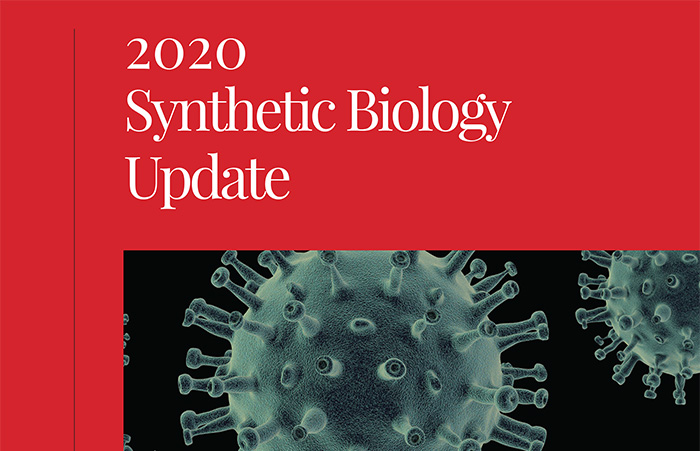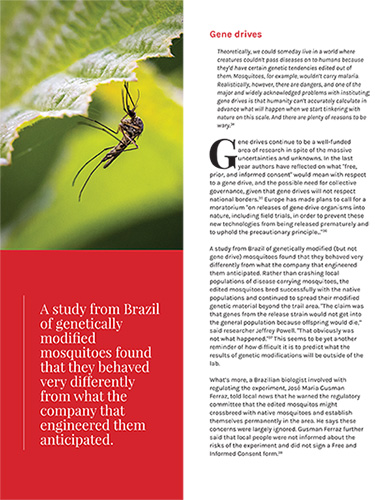
Massive call to respect human rights while responding to COVID-19
April 17, 2020
Canadian Quakers condemn systemic racism
June 9, 2020The synthetic biology update 2020 is here! Once a year we share with you a brief, simple, and non-technical rundown of the key issues making headlines in the weird world of synthetic biology.
Synthetic what? It’s already happening. Many scientists, biohackers, and corporations are trying to create novel life forms. They want to move from evolution through natural selection into a phase of ever more human designed life.
This year’s update starts by discussing COVID-19, including the speculations (some particularly incredible, others more plausible-sounding) that labs may have been studying bat coronaviruses and accidentally released it.
The update also looks at the various ways companies are claiming they may be able to use synthetic biology techniques to create COVID tests, cures, and exert increasing control over future viruses.

We share news about editing humans, regulation of this highly controversial area, and why DNA may not be what you think it is.
We see that a recent study suggests popular media may be doing more to hype up synthetic biology and drive public acceptance than to promote careful reflection on the many implications of this field.
We look at how Jeffery Epstein was funding synthetic biology research while also supporting eugenics, and we explore the apparently shady practices of a major university lab.
We consider gene drives and a surprising result of a non-gene drive release of genetically edited mosquitoes in Brazil.
We explore genetically altered animals—from monkeys with human genes that may have made them smarter, to cows with a surprise the company that edited them missed, to tiny living “programmable” beings designed by artificial intelligence and built from frogs’ skin and heart cells.
We close with a brief overview of a few of the claims being made about synthetic biology as a tool to address climate change.
Download the 2020 Synthetic Biology Update (PDF).
Learn more about synthetic biology.





